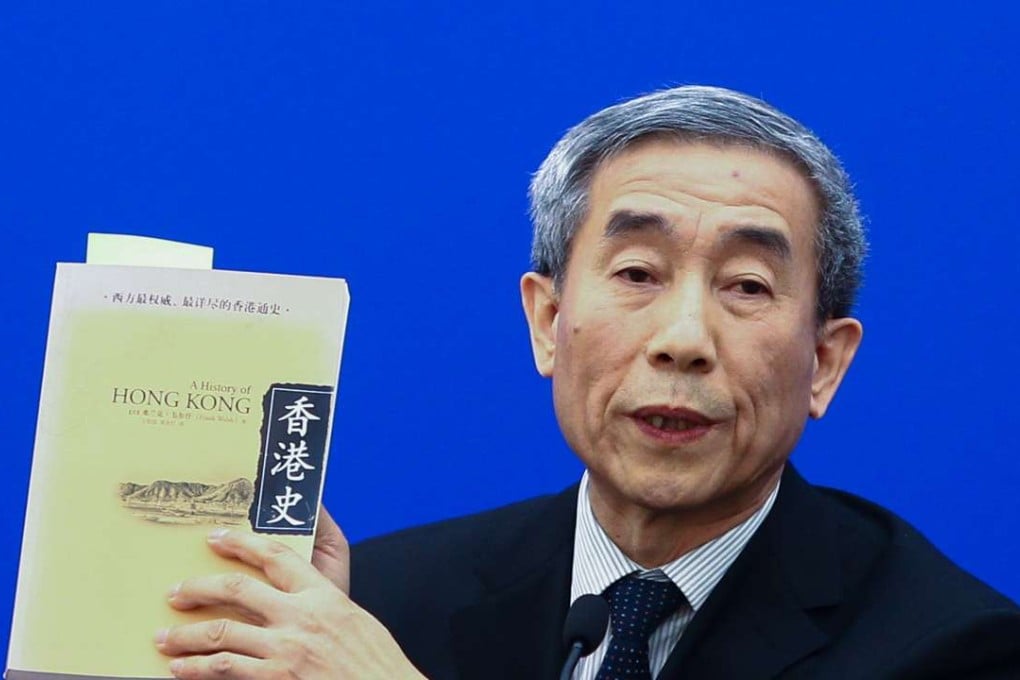Advertisement
China’s top body lays down law on Hong Kong oath-taking
Basic Law interpretation paves way for disqualification of localists; chief executive hints at bringing forward controversial national security legislation
Reading Time:3 minutes
Why you can trust SCMP

China’s top legislative body yesterday voted unanimously to endorse an interpretation of Hong Kong’s Basic Law rule on oath-taking that will effectively disqualify two localist lawmakers and block advocates of Hong Kong independence from contesting future Legislative Council elections.
The ruling by the National People’s Congress Standing Committee, which requires public officials to take their oaths “sincerely” and “solemnly” or face disqualification, paves the way for by-elections to fill the seats to be vacated by Youngspiration duo Sixtus Baggio Leung Chung-hang and Yau Wai-ching.
It also leaves the fate of lawmakers such as Lau Siu-lai and Edward Yiu Chung-yim, whose original oaths were invalidated, hanging in the balance.
Advertisement
Responding to the ruling, Chief Executive Leung Chun-ying gave his strongest signal yet he was prepared to move on controversial national security legislation to stamp out independence advocacy. Asked if it was time to resurrect a law that was aborted in 2003 amid mass protests, he said: “We have not seen anyone advocating independence in the past but now we see it. This indeed deserves our attention.”
In setting out the ruling, Basic Law Committee chairman Li Fei said the Standing Committee’s interpretation was an “important component of the rule of law in Hong Kong”.
Advertisement
“It won’t amount to interference with judicial independence in the city,” he said, dismissing concerns cited by some legal scholars.
Advertisement
Select Voice
Choose your listening speed
Get through articles 2x faster
1.25x
250 WPM
Slow
Average
Fast
1.25x